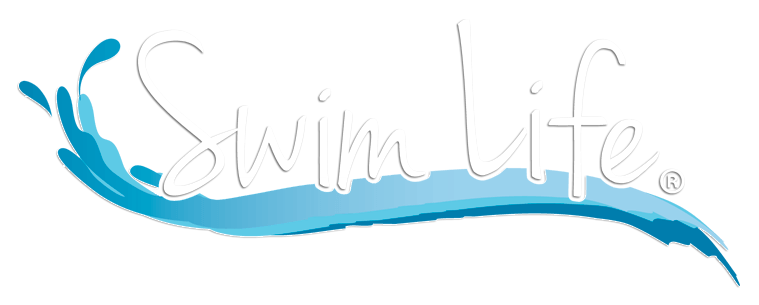Benefits of Early Swimming
Of course, the number one reason to get your baby swimming early is drowning prevention.
However, the benefits of early swimming are far reaching beyond the essential water safety benefits!
In multiple studies across the world, research has proven that early swimmers gain more physical, cognitive and emotional advantages than children who do not swim before the age of 5. Check this out:
Better physical development:
Early swimmers were found to have more advanced large and fine motor skills than other children of their age.
They gained developmental advantages in balance, coordination, and the ability to grasp objects.
Babies who swim have better balance and reaching abilities compared to babies involved in other physical activities.
Babies and toddlers who participate in swimming use more large muscle groups than young children do in most other types of physical activity.
And because water is 600-700 times more resistant than air, the water resistance helps build muscle strength in addition to bilateral coordination.
Swimming is a gentle exercise that works the whole body, encouraging a baby’s lung and heart development.
Early swimmers have increased hand-eye coordination and better spatial awareness.
They are also more adept with tasks such as coloring inside shapes, drawing lines, and cutting paper.
Swimming can also help create a healthy metabolism.
Gentle exercise in warm water helps with a healthy appetite and can improve sleeping patterns.
Early and advanced cognitive development:
Toddlers who start swimming at an early age are, on average, 20 months ahead of non-swimmers in the ability to understand and follow instructions.
They are also up to 15 months ahead of their peers in math, counting and language by the time they start school.
Compared to children who had not yet learned how to swim, children who swam before age 5 had more proficiency in identifying numbers, counting and solving arithmetic problems.
Children who swam before age 5 also had more advanced language skills, reading skills and could name shapes and identify objects better than their non-swimming peers.
These children also showed a better recall when told a short story than the non-swimmers.
It is believed that the stimulation of water resistance over most of the body not only leads to better physical development, but also stimulates brain development.
Completing complex movements in the water while balancing activates both hemispheres of the brain simultaneously. A healthy, stimulated brain increases ease of learning, performs better academically and improves language skills.
Emotional/Social Development:
Early swimmers are more independent, adapt better to new situations, and have greater self-confidence than children who do not learn to swim early.
Learning new skills in swimming lessons gives your baby a sense of accomplishment.
Early exposure to learned skills helps children to be more willing to try new things.
Lavishing praise on your child as they begin to master their swimming skills is great for creating attachment, bonding, trust and, connection.
